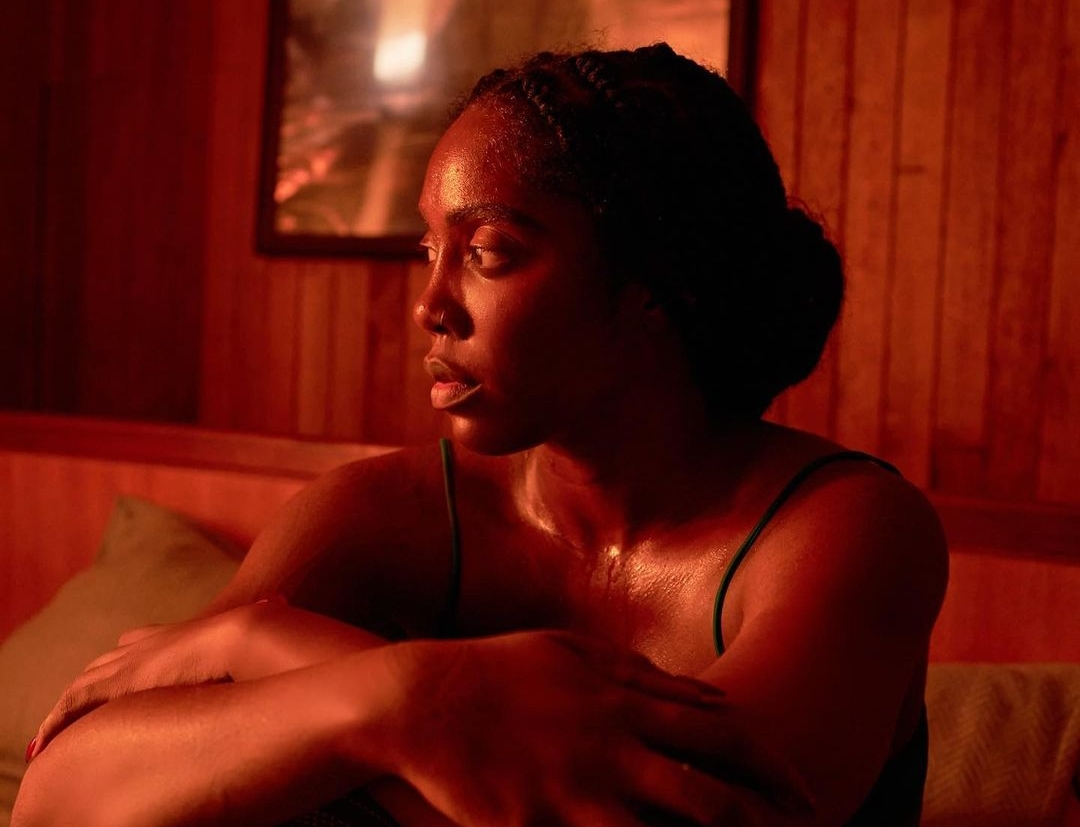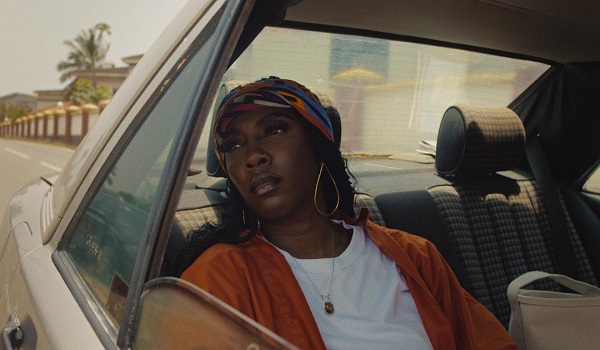Tiwa Savage’s upcoming film, the Prime Video original Water and Garri, directed by Meji Alabi, is set to begin streaming on May 10, 2024. In a recent interview with ABC, Savage shared her experience as an executive producer, emphasizing her transition into a “boss lady” role throughout the project.
“Executive producing was like me just putting my boss hat on and trying to be a boss lady in all aspects of my life. It was fun and it was stressful doing that and also starring in it. But it just showed me that I can do anything I put my mind to. There are so many things that I have dreams of accomplishing and now I’m really motivated,” she expressed.
Reflecting on her interest in acting and the film’s title, Savage revealed her longstanding desire to pursue acting alongside her music career. She saw Water and Garri as a pivotal opportunity to merge both passions seamlessly.
“I’ve always wanted to do acting. I’ve always wanted to do movies. Actually, that was my first love before music. So it felt like a full circle moment for me. I just felt it was time for me to finally get into that. I never wanted to let go of music, so it’s a great way for me to still embody that,” she explained.

Savage highlighted the film’s significance in portraying a narrative from a female perspective, expressing her enthusiasm for more female-driven stories in the Nollywood and African entertainment landscape.
“It’s a story first of all told by a female from a female point of view. I’m always an advocate for that and I don’t think we have enough of that in the space of Nollywood and just in Africa in general. We do have but I don’t think we have enough. It’s refreshing for me. It’s a story about love, female empowerment,” she noted.
Touching on the global rise of Afrobeats, Savage expressed pride in the genre’s recognition in Western music circles, emphasizing its roots in African rhythm and soul.
“I feel like genres like RnB, jazz, soul all originated from Africa, so it’s a full circle moment to have Afrobeats having its moment right now. And then hear elements of it from the rhythm to the soul in the music. I felt like we were losing a bit of that in commercial music these days. It’s good to see that African music is getting its shine again,” she concluded.
Watch the interview below:


